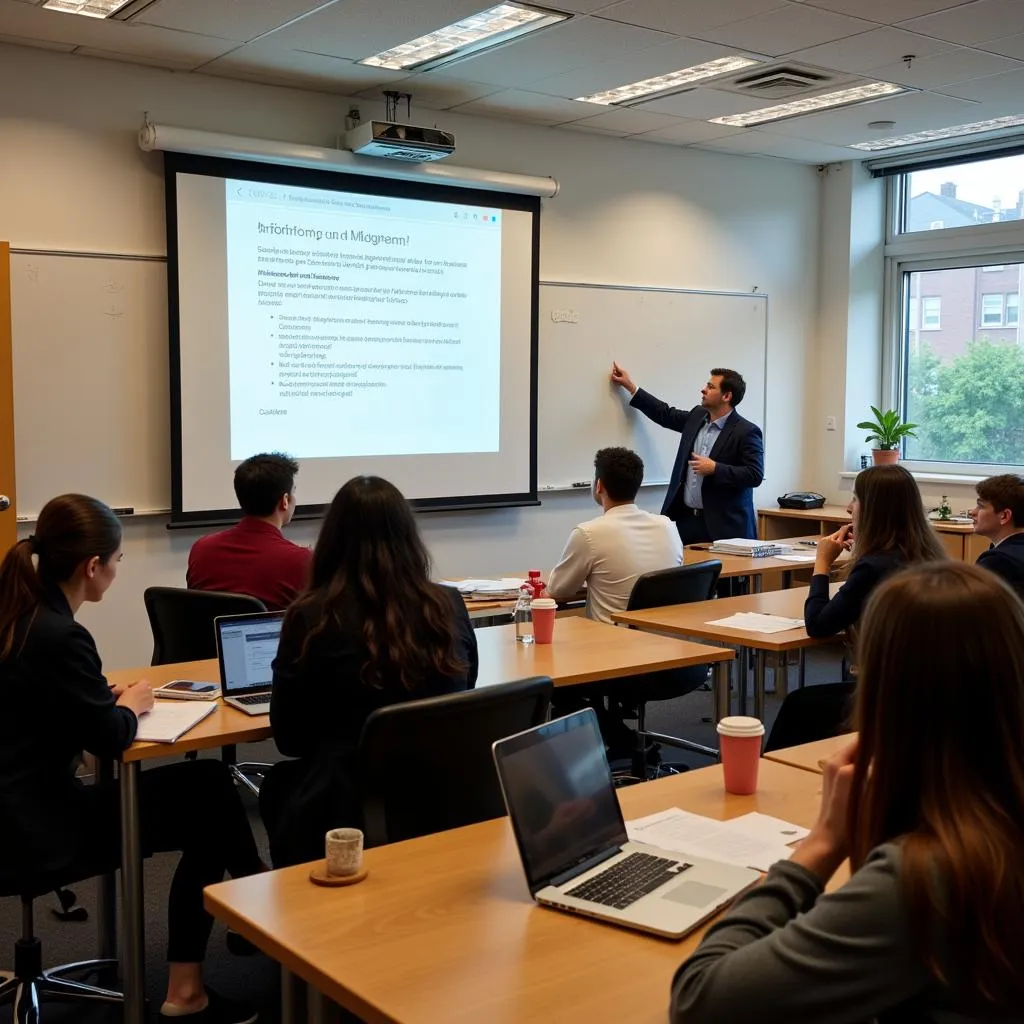The topic of describing a memorable trip is a common one in IELTS Speaking tests. It has appeared frequently in past exams and is likely to remain relevant in future tests. This topic allows candidates to showcase their ability to narrate personal experiences, use descriptive language, and express emotions effectively in English.
Nội dung bài viết
Describe an unusual event, holiday, or trip you experienced can be a great way to prepare for this topic. Let’s explore how to tackle this subject across all parts of the IELTS Speaking test.
Part 1: Introduction and Interview
In this section, the examiner may ask general questions about travel and trips. Here are some common questions and a sample answer:
- Do you enjoy traveling?
- How often do you travel?
- What’s your favorite mode of transportation for long journeys?
Sample answer (Band 8-9):
“Absolutely, I’m passionate about traveling. It’s a fantastic way to broaden my horizons and experience different cultures. I try to take at least two major trips a year, usually one domestic and one international. As for transportation, I prefer flying for long-distance journeys. It’s not only time-efficient but also gives me a chance to enjoy breathtaking aerial views.”
Part 2: Long Turn
Here’s a sample cue card related to the topic:
Describe an unforgettable trip you took with family or friends
You should say:
- Where you went
- Who you went with
- What you did during the trip
- And explain why it was unforgettable
Sample answer (Band 8-9):
“I’d like to share with you an absolutely unforgettable trip I took with my closest friends to Bali, Indonesia, last summer. It was a week-long adventure that left an indelible mark on all of us.
We were a group of five friends who had been planning this trip for months. The anticipation was palpable as we boarded our flight to this tropical paradise. Upon arrival, we were immediately struck by the island’s lush beauty and the warm hospitality of the locals.
During our stay, we immersed ourselves in the rich Balinese culture. We visited ancient temples, including the awe-inspiring Uluwatu Temple perched on a cliff overlooking the Indian Ocean. The intricate architecture and the spiritual atmosphere were truly captivating.
 Uluwatu Temple on a cliff overlooking the ocean
Uluwatu Temple on a cliff overlooking the ocean
We also had our fair share of adventure. One day, we went white-water rafting down the Ayung River, which was both exhilarating and slightly terrifying. The lush jungle scenery on both sides of the river was breathtaking, and the experience really brought us closer as friends.
Another highlight was our visit to the Tegalalang Rice Terraces. The verdant, stepped landscape was unlike anything I’d ever seen before. We took a guided tour and learned about the ingenious subak irrigation system, which has been used for centuries.
 Tegalalang Rice Terraces in Bali
Tegalalang Rice Terraces in Bali
What made this trip truly unforgettable was the perfect blend of cultural experiences, natural beauty, and shared moments with my friends. We had deep conversations on the beach at sunset, laughed until our sides hurt during our misadventures, and created memories that will last a lifetime.
The trip also opened my eyes to a different way of life. The Balinese people’s strong sense of community and their harmonious relationship with nature left a profound impact on me. It made me reflect on my own lifestyle and inspired me to incorporate some of their practices into my daily life back home.
In essence, this trip was more than just a vacation; it was a transformative experience that broadened my perspectives and strengthened my friendships. The memories we created in Bali continue to bring a smile to my face whenever I think about them, making it truly an unforgettable journey.”
Follow-up questions:
- What was the most challenging part of the trip?
- How did this trip change your perspective on travel?
Sample answers:
Band 6-7:
- “The most challenging part was probably the language barrier. While many people in tourist areas spoke English, we sometimes struggled to communicate in more rural areas. We had to rely on gestures and translation apps, which was frustrating at times but also led to some funny moments.”
- “This trip made me realize how important it is to experience different cultures. It showed me that there’s so much to learn from other ways of life, and that traveling can be both fun and educational.”
Band 8-9:
- “The most demanding aspect of the trip was undoubtedly navigating the cultural nuances. While we had done our research, there were still moments when we inadvertently committed faux pas. For instance, we once forgot to cover our shoulders when entering a temple. These experiences, though slightly embarrassing, were invaluable lessons in cultural sensitivity and made us more mindful travelers.”
- “This journey profoundly altered my perception of travel. It transcended the typical notion of a relaxing getaway and became a transformative experience. I realized that travel, when approached with an open mind, can be a powerful tool for personal growth and global understanding. It ignited a passion for more immersive and culturally rich experiences, rather than just ticking off tourist attractions.”
Part 3: Two-way Discussion
In this section, the examiner will ask more abstract questions related to the topic. Here are some potential questions and sample answers:
- How has travel changed in recent years?
Band 6-7:
“Travel has become much more accessible in recent years. With budget airlines and online booking platforms, it’s easier and often cheaper to travel now. Social media has also changed how we choose destinations and share our experiences.”
Band 8-9:
“Travel has undergone a paradigm shift in recent years. The advent of digital technology has revolutionized every aspect of the travel experience. From AI-powered personalized itineraries to virtual reality previews of destinations, technology has made travel more accessible and customizable. Moreover, there’s been a notable shift towards sustainable and responsible tourism, with travelers becoming increasingly conscious of their environmental impact. The rise of the ‘digital nomad’ culture has also blurred the lines between travel and work, leading to extended stays and a more immersive travel experience.”
 Digital Nomads Working on the Beach
Digital Nomads Working on the Beach
- Do you think international travel is important for young people?
Band 6-7:
“Yes, I think international travel is very important for young people. It helps them learn about different cultures, become more independent, and gain new perspectives. These experiences can be really valuable for personal growth and future careers.”
Band 8-9:
“International travel for young people is not just important; it’s imperative in our increasingly globalized world. It serves as a catalyst for personal growth, fostering adaptability, cultural sensitivity, and global awareness. These experiences challenge preconceived notions, broaden horizons, and cultivate empathy – all crucial skills in today’s interconnected society. Moreover, international exposure can be a significant asset in one’s professional journey, enhancing language skills, cross-cultural communication, and problem-solving abilities. It’s an investment in personal development that often yields lifelong dividends in terms of broadened perspectives and enhanced global competence.”
Key Vocabulary and Phrases for High Scores
- Indelible mark (adjective + noun) – /ɪnˈdelɪbl mɑːrk/ – A lasting impression or memory
Example: “The breathtaking landscapes left an indelible mark on my memory.” - Immerse oneself (phrasal verb) – /ɪˈmɜːrs wʌnˈself/ – To involve oneself deeply in a particular activity or interest
Example: “We immersed ourselves in the local culture by participating in traditional ceremonies.” - Exhilarating (adjective) – /ɪɡˈzɪləreɪtɪŋ/ – Very exciting and enjoyable
Example: “The white-water rafting experience was both exhilarating and slightly terrifying.” - Verdant (adjective) – /ˈvɜːrdnt/ – Green with grass or other rich vegetation
Example: “The verdant rice terraces stretched as far as the eye could see.” - Transformative (adjective) – /trænsˈfɔːrmətɪv/ – Causing a marked change in someone or something
Example: “The journey was a transformative experience that changed my outlook on life.” - Paradigm shift (noun) – /ˈperəˌdaɪm ʃɪft/ – A fundamental change in approach or underlying assumptions
Example: “The rise of sustainable tourism represents a paradigm shift in the travel industry.”
Describe a memorable camping trip you had can also provide useful vocabulary and structures for discussing outdoor experiences and adventures.
Examiner’s Advice
To score high in the IELTS Speaking test when describing an unforgettable trip:
- Use a variety of descriptive language to bring your experience to life.
- Incorporate advanced vocabulary and idiomatic expressions naturally.
- Maintain fluency by organizing your thoughts before speaking.
- Show your ability to discuss abstract ideas related to travel in Part 3.
- Practice narrating your experiences regularly to improve your storytelling skills.
Remember, the key to a high score is not just about what you say, but how you say it. Aim for clarity, coherence, and confidence in your delivery.
Describe a recent outdoor activity you did can provide additional practice in describing experiences vividly, which is crucial for this topic.
By following these guidelines and practicing regularly, you’ll be well-prepared to discuss an unforgettable trip in your IELTS Speaking test, potentially boosting your score significantly.


